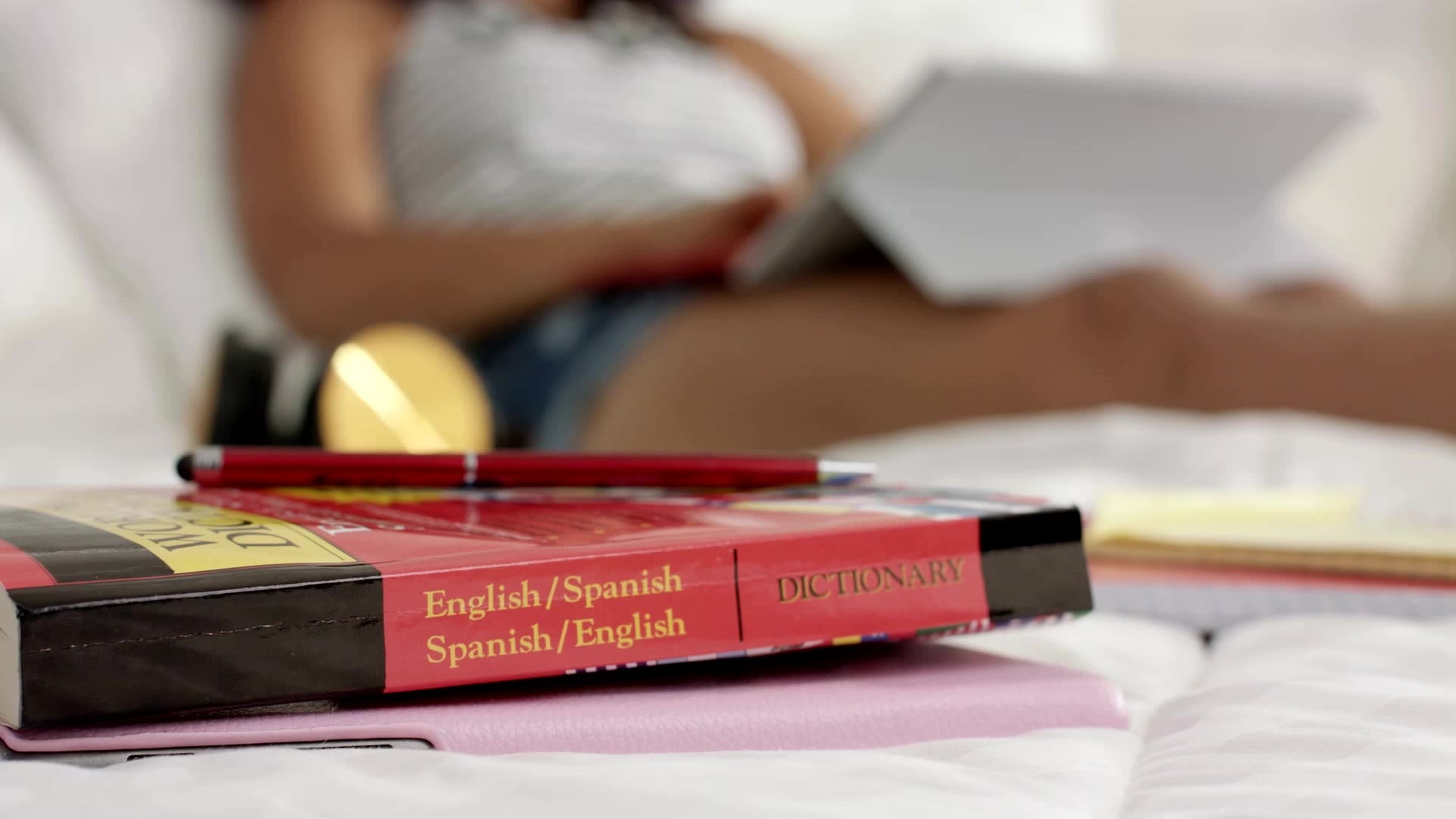Found in Translation
Rutgers–Camden linguistic researcher Perez-Cortes seeks to understand the mysteries behind language acquisition

As a young girl growing up in a multilingual area of Spain, Silvia Perez-Cortes thought that speaking more than one language fluently and easily was the norm rather than the exception. That idea was immediately challenged when she moved to the United States fifteen years ago.
“I realized that multilingualism was a privilege, one that not everyone was allowed to foster,” said Perez-Cortes, an associate professor of Spanish with Rutgers University in Camden and an expert in bilingualism and second language acquisition. “From that moment, I decided that a big part of my research would be dedicated to ensuring everyone has the access and opportunities they deserve.”

Silvia Perez-Cortes, associate professor of Spanish at Rutgers University in Camden
Silvia Perez-Cortes, associate professor of Spanish at Rutgers University in Camden
As a member of the World Languages and Cultures department at Rutgers–Camden, Perez-Cortes inspires students to explore the world through language. She is also involved in two federally funded research projects.
The first, supported by a $1 million award from the National Institutes of Health and in partnership with Robert Wood Johnson Hospital in New Brunswick, seeks to understand Latino parents' early bilingual literacy practices more clearly to facilitate bilingual literacy development in this minority group. The second, funded by a $400,000 award from an agency within the U.S. Department of Health and Human Services, draws from an interdisciplinary partnership to develop an online bilingual family wellness program to foster school readiness.
“Language is an integral part of the fabric of society; it allows us to communicate with others, to be understood but also to voice our concerns,” Perez-Cortes said. “Language is more than just a tool or an instrument that allows an individual to make their way through the world; language is a primary avenue to creating understanding – language and culture are inseparable.”
“Language is more than just a tool or an instrument that allows an individual to make their way through the world; language is a primary avenue to creating understanding – language and culture are inseparable.”
That intersection between function and meaning and a passion for exploring how those two things come together for bi- and multilingual individuals has inspired Perez-Cortes' work throughout her academic career. She emphasized that in learning a new language, an individual is exposed to a more diverse view of the world, which helps to provide perspective, encourage empathy, and foster respect for different people and cultures.
A more vibrant worldview is not the only benefit of being bi- or multilingual. Studies have shown that speaking more than one language has various health benefits.
“Constant language activation – that is, going back and forth from one linguistic system to another – enhances executive functions such as inhibitory control,” said Perez-Cortes. “Later in life, multilinguals who productively use their languages have also been found to exhibit delayed onset of cognitive diseases such as Alzheimer’s by four to five years.” She noted that people who speak multiple languages tend to be more creative and flexible in social settings because of the strategies they normally employ to communicate effectively. Yet, for all of the benefits and advantages of being bi- or multilingual, the drive to understand and promote learning multiple languages is simple for Perez-Cortes.
“Maintaining one's heritage language and culture should be a right, and I wanted to make sure we understood how the bilingual mind works to ensure its safekeeping."

Chancellor Antonio D. Tillis and Rutgers University–Camden invite you to celebrate National Hispanic Heritage Month by recognizing and honoring Hispanic individuals who have made a difference in the Rutgers–Camden community and beyond.

Creative Design: Karaamat Abdullah
